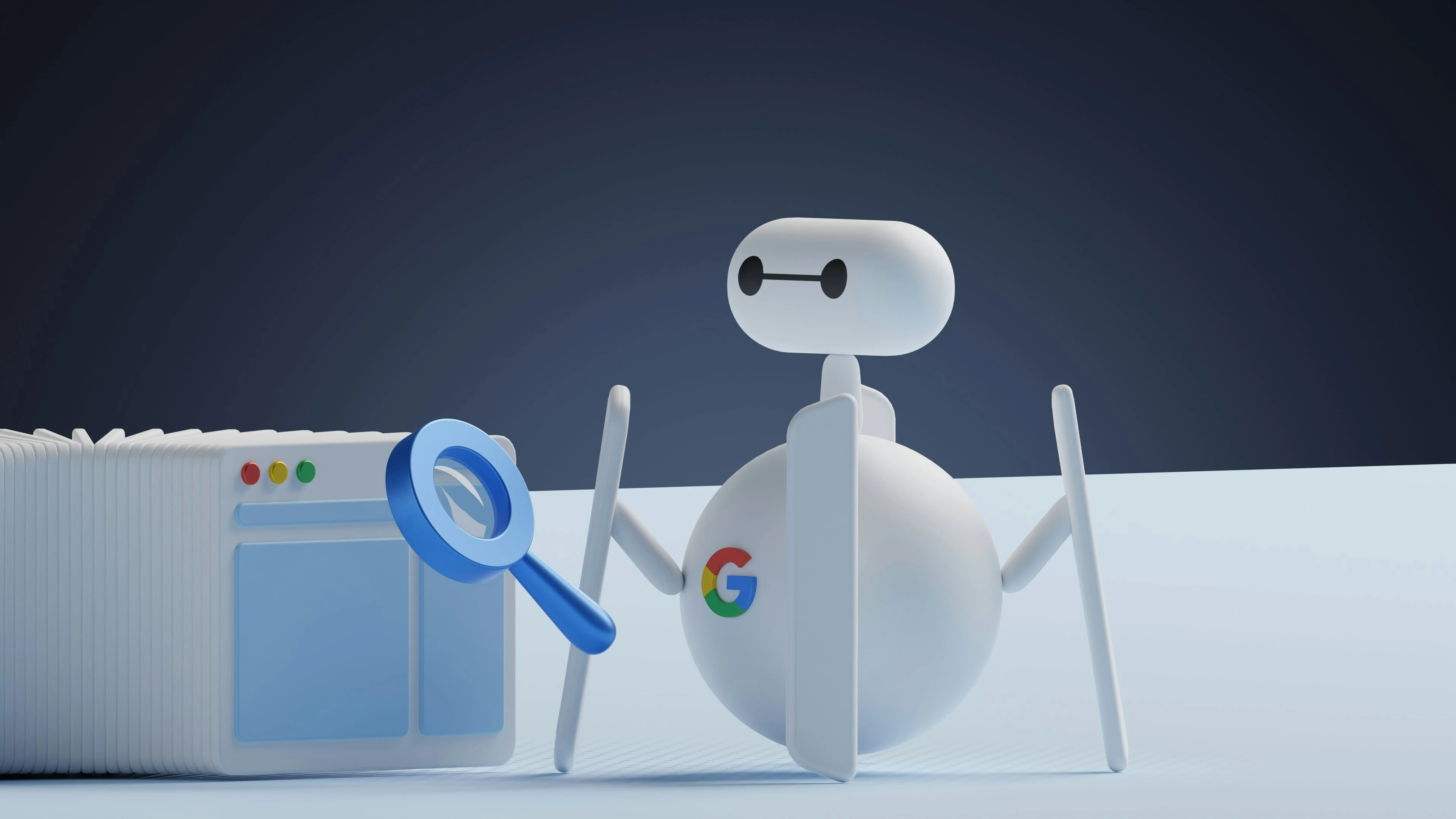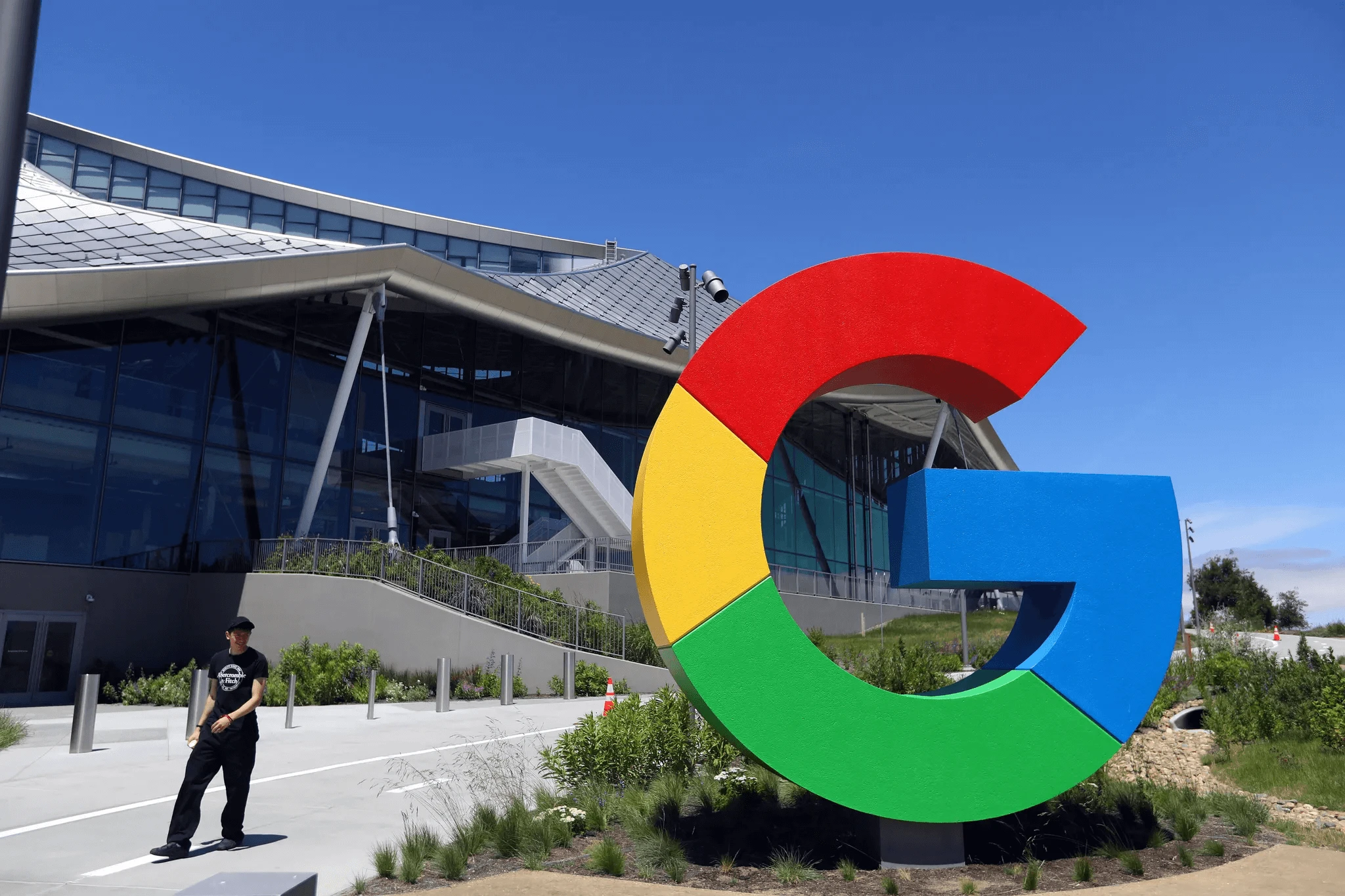Search is changing faster than ever.
So in turn, so is user behavior. AI-driven tools like Google's AI Overviews, Gemini, DeepSeek, Copilot, and ChatGPT's browsing capabilities are completely redefining how people discover and interact with content online.
SEO is no longer just about ranking. It's about how clearly your content can be understood, summarized, and surfaced by machines.
Who is this affecting:
- Traffic monetizers: bloggers, affiliates, publishers who rely on ad impressions and clicks.
- Brand builders: Shopify merchants, DTC businesses, and leaders who rely on visibility to grow awareness and trust.
The challenge?
AI is inserting a new layer between your content and your audience. Generative search summaries often provide direct answers without a click. That means even top-ranking pages may lose traffic.
For publishers, that's a direct hit on ad-driven revenue.
For brands, it's the risk of being left out of the conversation while competitors earn visibility inside AI-generated results.
It's no longer just about ranking. It's about showing up in the AI's version of the answer.
What's Changing in SEO
Search is becoming more contextual. Machines are less concerned with keywords and more focused on meaning, clarity, and authority. AI rewards content that is structured, helpful, and trustworthy.
Modern SEO now requires optimizing for machine interpretability as much as for human readability. Large language models and search algorithms prioritize content that is:
- Well-structured for parsing and indexing.
- Backed by signals of trust and authority.
- Differentiated with unique value that AI cannot simply regenerate.
Key Technical Priorities
Content architecture: Use semantic HTML (H1–H3 hierarchy, ordered/unordered lists, tables) so search engines can accurately segment and weight information.
Schema markup & structured data: Implement relevant schema (e.g., Product, FAQ, HowTo, Article) to provide machine-readable context and improve eligibility for AI summaries and rich snippets.
E-E-A-T alignment: Ensure content demonstrates Experience, Expertise, Authoritativeness, and Trustworthiness. This includes author bios with credentials, links to authoritative sources, and transparent sourcing.
Unique data & insights: Publish proprietary information (e.g., surveys, case studies, customer data, first-party research). AI models are less likely to rewrite or dilute content with verifiable originality.
Topical depth & internal linking: Build content clusters that demonstrate subject-matter expertise, connected through optimized internal linking to reinforce topical authority.
The shift is clear: SEO is moving from keyword matching to knowledge representation. To win visibility in an AI-driven search environment, content must not only answer questions but also be machine-readable, verifiable, and authoritative at scale.
What Shopify Merchants Can Do
For Shopify merchants, this shift is actually an opportunity. Many stores focus only on driving traffic, but the real advantage lies in turning attention into trust and conversions.
AI may reduce clicks, but it cannot replace authentic experiences, compelling stories, or strong product positioning. That's where you can stand out.
Build content that:
- Tells the story behind your product.
- Shares customer reviews, testimonials, and use cases.
- Compares options to help buyers make informed decisions.
Also, ensure your site is technically optimized. Schema markup helps AI understand your products, pricing, reviews, and availability, making your store more likely to surface in AI-driven results.
The Bigger Picture
AI isn't killing SEO. It's redefining it. Ranking is still important, but resonance matters more. You need to be clear, credible, and genuinely useful at every touchpoint.
The brands that win in this new era will be those that build trust, not just traffic. Whether you're writing a blog post or crafting a product page, your goal is the same: make it easy for both humans and machines to understand what you offer, why it matters, and why you're the best choice.
Search is always evolving, that's not new. Are you evolving with it?





